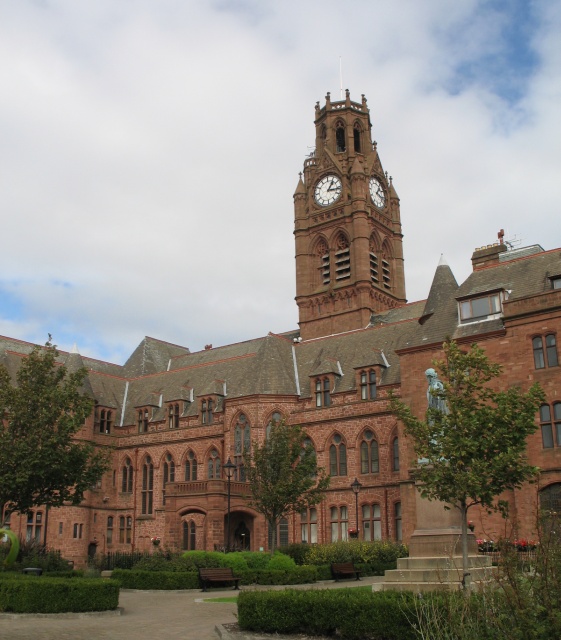Local government reform draws scrutiny from county and district councils

Government plans to reform the structure and funding of local councils have drawn a cautious response from two of the country’s main local government networks. The County Councils Network (CCN) and the District Councils Network (DCN) say the proposals risk pushing up bills for taxpayers and could weaken local democracy if changes are pushed through without community backing.
The reforms, which include a new funding system and the English Devolution and Community Empowerment Bill, are designed to give councils more powers and to modernise services. Ministers argue the changes will create simpler, stronger local authorities. But both networks say there are risks if the reforms are not carefully managed.
Concerns over funding reforms
The CCN, which represents county and unitary authorities, warns that much of the extra funding being promised to councils will actually come from local council tax payers. It says nearly 90% of the new grant increases depend on the County Sustainability Premium, leaving rural and county areas to shoulder most of the cost.
There are also worries about the government’s wider ambition to reorganise county councils into smaller unitary authorities. In some areas these new councils could serve as few as 300,000 residents. The CCN argues that splitting up county councils could cost “hundreds of millions” and create more pressure for local people.
The network accepts that in some places more than one council may be needed. But it says any changes must be judged against clear criteria, such as efficiency and financial resilience. It is also warning that rising social care costs and uncertainty over the Fair Funding Review make the timing of reorganisation especially difficult.
Devolution bill and local democracy
District councils have voiced their own concerns about the government’s new devolution bill. The DCN says the legislation gives the Secretary of State sweeping powers to impose new council structures on areas, even if local communities and councils do not agree.
While the government has presented the reforms as devolution, the DCN argues that some powers are actually being centralised. For example, spending decisions for the UK Shared Prosperity Fund could be handed to new strategic authorities rather than kept with local councils.
The DCN also fears that district councils, which deliver key services such as planning, housing and economic development, may be left out of new decision-making bodies. It warns that creating “mega councils” serving more than half a million residents could distance councillors from the people they represent.
“Strong local democracy depends on close connections between communities and their elected representatives,” the network said. “This must not be lost in the pursuit of structural reform.”
A call for consultation and partnership
Despite their concerns, both organisations say they support the principle of reform if it genuinely empowers communities and strengthens services. The CCN has called for local areas to have the time and space to weigh up the financial and practical impact of proposals before moving forward. The DCN says that any new structures should only be introduced with the consent of local people, ideally through referenda or broad consultation.
Both networks agree that local voices must be at the heart of change. They argue that without proper consultation and scrutiny, reforms risk undermining the very communities they are supposed to support.

By James
James is the Editor of Government Transformation Magazine, and has been covering digital government and public sector reform for 25 years. He also oversees the content for the award-winning Government Transformation Summit, the UK's longest-running public sector transformation event.Also Read
- New Government Commercial Agency to centralise £400bn public procurement spend
- NAO chief urges Whitehall to pair AI with cost transparency to unlock government productivity
- Beyond the consultancy cycle: rethinking how the public sector builds capability
- Transforming public services: why people, partnerships, and tackling technical debt matter most




